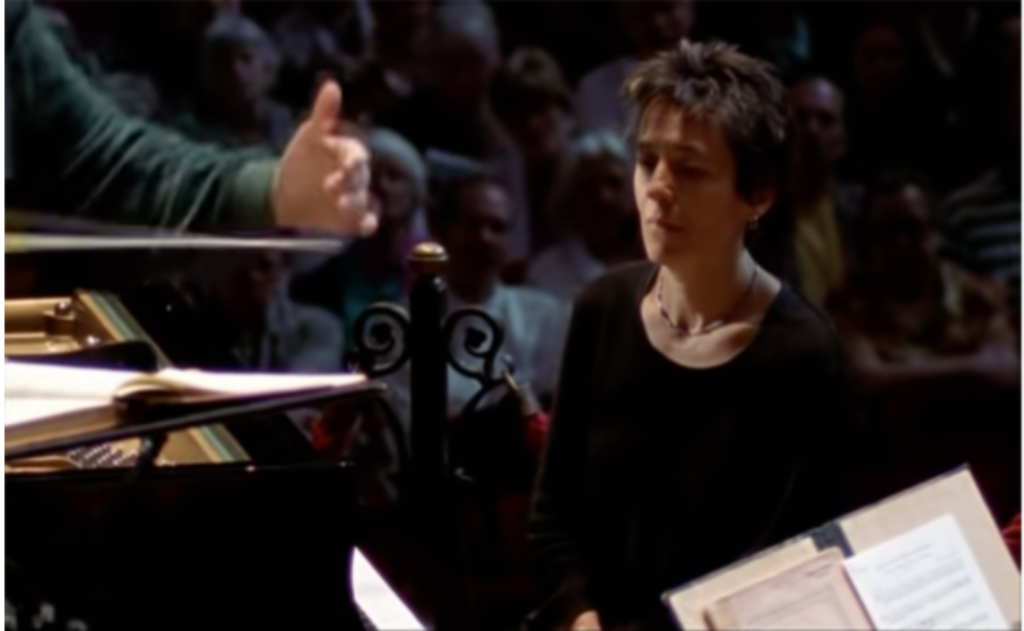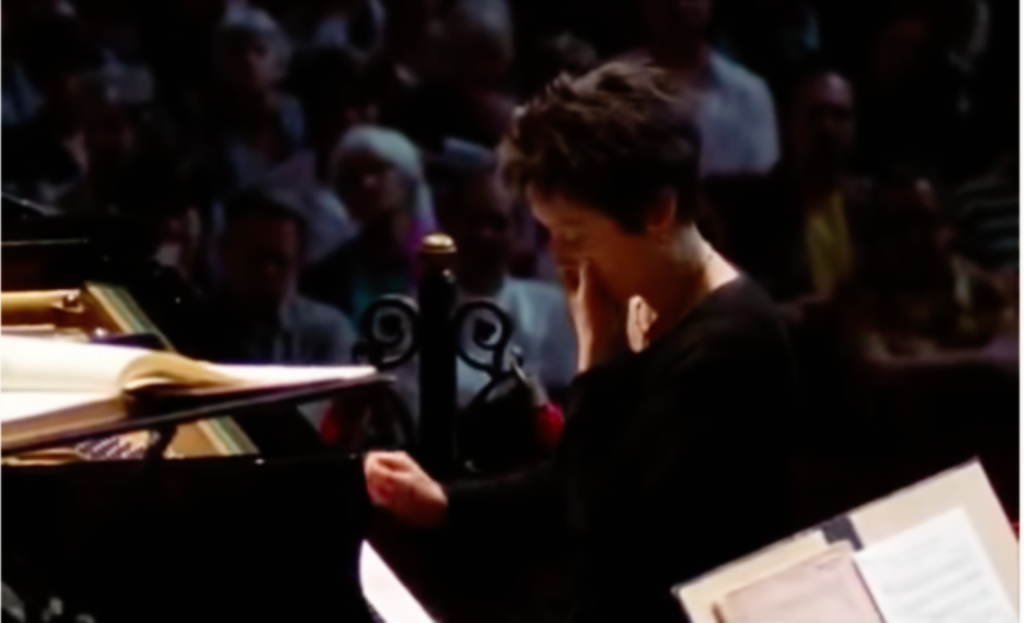Although the first recorded use of the term “facepalm” only dates back to 1996, the concept is eternal.
In fact, if you’re trolling around the Tuileries Garden in Paris, you can see a statue of Cain demonstrating it after he killed his brother Abel.

(You really can’t get much further back in human history than just outside the Garden of Eden.)
And you can even find the facepalm 347 years into the future in an internet meme of Captain Jean-Luc Picard that’s gotten major internet traction.

The facepalm, to quote Wikipedia, is found in many cultures as a display of:
“Frustration, disappointment, exasperation, embarrassment, horror, shock, surprise, exhaustion, sarcasm, or incredulous disbelief.”
(Let’s ask ourselves, how many of those we’ve already felt this morning?)
I do have a favorite facepalm moment though, one I felt compelled to share with Cha Cha and Robbie on Thanksgiving.
It’s from a relatively obscure 1999 classical music documentary.
The film garnered only minor interest until fourteen years later in 2013 when one moment went viral.
One of my favorite pianists, Maria João Pires, was set to perform a lunchtime concert in Amsterdam (technically a public dress rehearsal).
And…to her great surprise…rather than the piece she’d been practicing, the conductor started a COMPLETELY DIFFERENT concerto.
The look of horror and astonishment on her face is enormously compelling.
It’s clear she can’t believe that this is actually happening.

She and conductor Riccardo Chailly actually have a conversation while he’s conducting the two and one-half minutes of opening bars about whether she should continue.
She’s a total wreck.
It’s basically a real-life version of any classic anxiety dream we’ve all had: being naked in public, late for something important, or forgetting or losing something valuable.
He mentions that she played it last year and that he was confident she would do well.
“You always do well,” he says encouragingly.
And…she’s absolutely flawless.
Then––still with a facepalm––she begins.

And she’s absolutely flawless.
(I encourage you to watch the 3-minute moment HERE.)
There are a few skeptics who have thought this moment was faked, that it was a bizarre publicity stunt.
I do get that this seems a rather massive miscommunication.
Was Pires simply in a diva bubble where assistants took care of all the details and she was simply required to step out on stage and be brilliant?
And yet, I believe this moment is entirely genuine.
Maria João Pires was already a legend.
Her first recital was when she was 5 and her first public performance of a Mozart concerto was at 7.
She’s also no stranger to awards and great press.
For example, Gramophone magazine selected her recordings of the Chopin nocturnes as the best version available.
And if it was indeed a PR stunt, taking 14 years to gain media traction is a very, VERY slow build.
In any case, I wanted to share it with all of you because I so identify with this facepalm moment.
Last week, I wrote about how all the 2020 live events I was planning for SEVA evaporated.
And––despite many huge new projects in the works––I still perpetually feel that somehow the orchestra is NOT playing the music I have been practicing.
Basically, even though the emoji was approved in 2016, I feel that 2020 has been a year of facepalm.

Before I moved last year, I lived next door to an elementary school.
I would often find discarded children’s art, some of which I would frame and display.
Here’s one of my favorites:

I’m not sure if this was inspired by a visit to an amusement park or not, but it’s definitely sound life advice.
Truly, you have to stay on the ride when it is moving.
You have to wing it if necessary.
You have to play along, even when it’s not the music you expected.
And, if you have someone as supportive as unflappable Riccardo Chailly reminding you:
“You will do well…You always do well…”
Despite having the 2020 rug perpetually pulled out from under us, like Maria João Pires, we all might just be able to pull it off brilliantly.
Namaste for Now,

